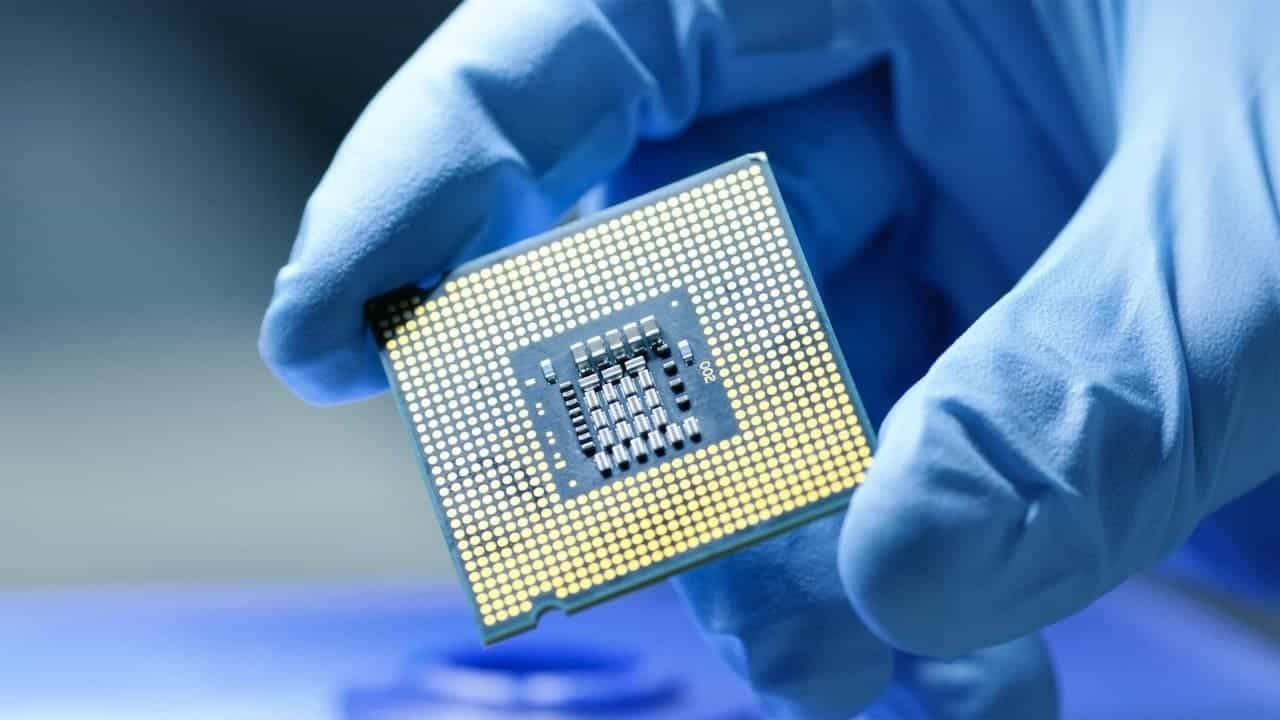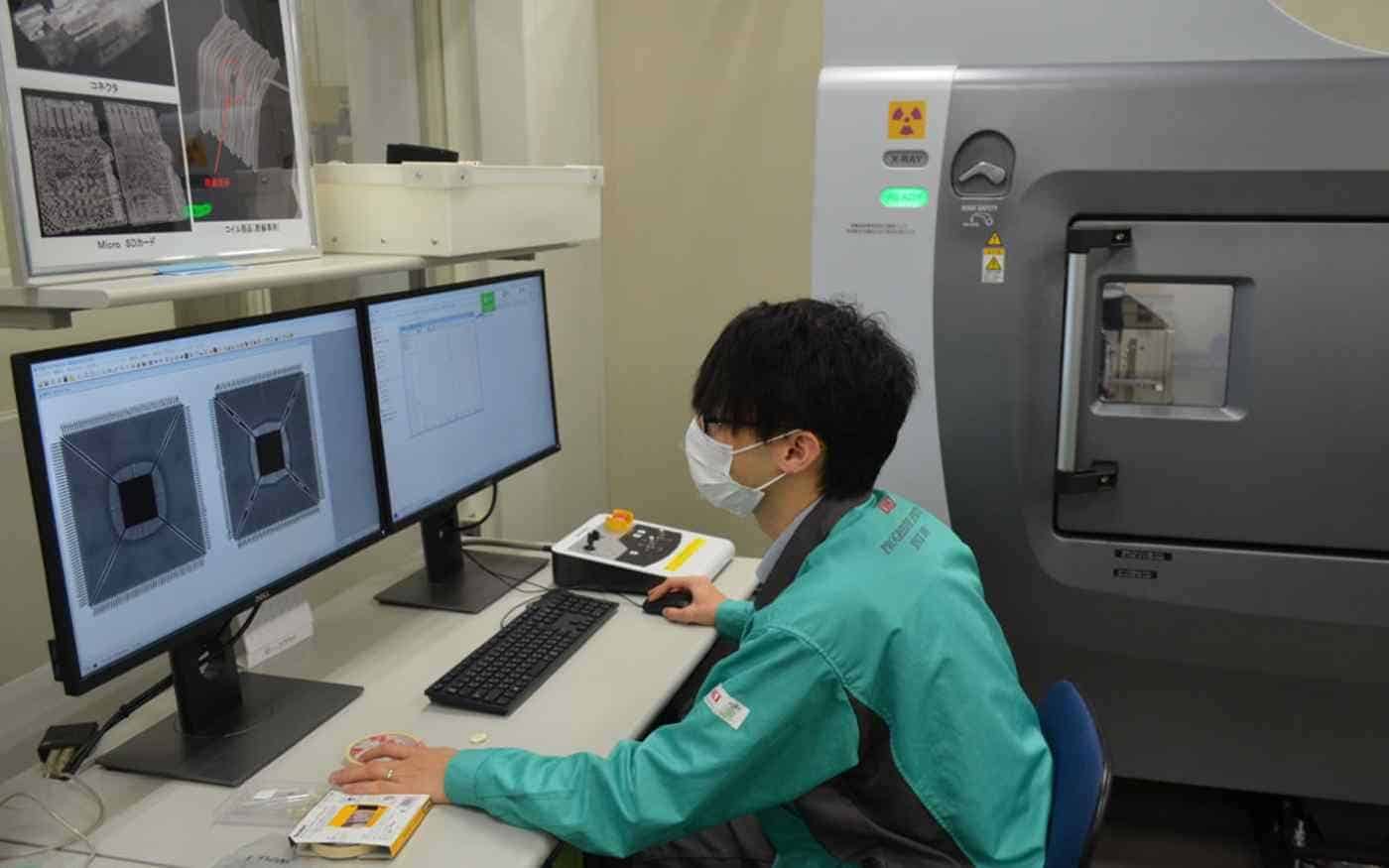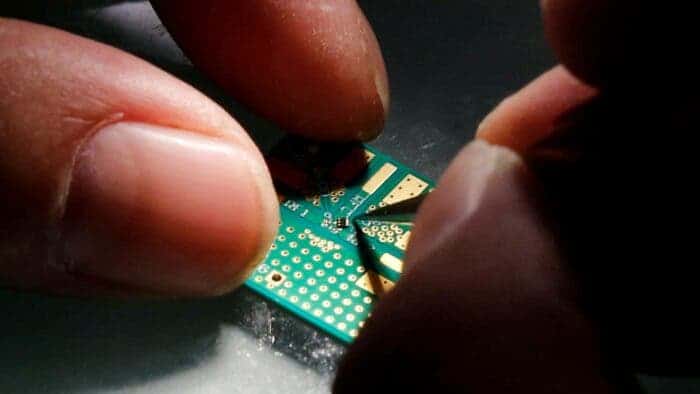Japanese semiconductor giant Renesas Electronics has set its sights on global leadership with its A$9.1 billion ($5.89 billion) acquisition of Australian software company Altium. This strategic move signifies Japan’s growing ambition to reclaim a significant share of the global chip manufacturing market.
Chip market: Japanese Chipmaker Eyes Global Leadership with Altium Acquisition

Renesas, aiming to streamline its electronics design process, identified Altium’s expertise in printed circuit board (PCB) design tools as a crucial addition. Integrating Altium’s software will enable Renesas to offer customers a more comprehensive and efficient design experience. Ultimately enhancing its competitive edge.
Industry experts see this acquisition as part of a broader Japanese strategy to regain dominance in the chip ecosystem. Jesper Koll, expert director at Monex Group, emphasizes the vast cash reserves at the disposal of Japanese firms. Highlighting “de facto zero-interest financing from the government” that fuels such acquisitions. He predicts that by 2030, Japan could control a third of the global chip manufacturing landscape, more than doubling its current share.
However, achieving this ambitious goal hinges on several factors. Firstly, successful integration of acquired technologies like Altium’s is crucial. Additionally, fostering innovation and attracting top talent are vital for sustained growth. Finally, navigating geopolitical complexities and ensuring a stable supply chain will be critical for long-term success.
Renesas’ acquisition of Altium marks a significant step in Japan’s quest for chip industry leadership. While challenges remain, this move underscores the nation’s growing determination and strategic investment in this critical sector. By capitalizing on its resources and fostering a robust ecosystem, Japan could very well reshape the global chip manufacturing landscape in the years to come.
Chip market: Japan’s Ambitious Chip Dominance Plan

The recent acquisition of Altium by Renesas Electronics and Japan’s broader commitment to regaining global leadership in the semiconductor industry indicate a significant shift in the dynamics of chip production. This move is poised to influence the future of chip production in several ways:
- Technological Advancements: The acquisition of Altium, a company specializing in printed circuit board design tools. This signifies a focus on advancing technologies in electronics design. This could lead to the development of more sophisticated and efficient chip designs. Contributing to the overall progress of the semiconductor industry.
- Consolidation and Integration: Renesas Electronics’ acquisition reflects a trend of consolidation within the semiconductor sector. As companies seek to enhance their capabilities and streamline processes, we may witness more mergers and acquisitions. Fostering integrated solutions and comprehensive chip ecosystems.
- Global Competitiveness: Japan’s ambition to own and operate a significant portion of the global chip manufacturing ecosystem suggests increased competition in the industry. Other countries and companies may respond with their strategies to maintain or gain market share. Potentially spurring innovation and efficiency improvements across the semiconductor value chain.
- Financial Influence: The substantial cash reserves and retained earnings held by Japanese corporations, coupled with favorable financing conditions from the government, position Japan as a financial powerhouse in the semiconductor landscape. This financial strength can facilitate research and development initiatives, infrastructure investments, and strategic acquisitions, contributing to Japan’s competitiveness in chip production.
- Long-Term Industry Landscape: With predictions suggesting that Japan may double its current share in the global chip manufacturing ecosystem by 2028-2030, the industry’s landscape is likely to see a notable shift. This could result in diversified supply chains, altered market dynamics. And an increased focus on collaboration and competition among key players.
In summary, the news of Renesas Electronics’ acquisition of Altium and Japan’s overarching strategy indicate a transformative period for chip production. The industry is likely to witness advancements in technology, increased consolidation, heightened global competition, and a reshaping of the financial dynamics that govern semiconductor development. These changes may ultimately contribute to a more robust and competitive landscape for chip production in the coming years.



